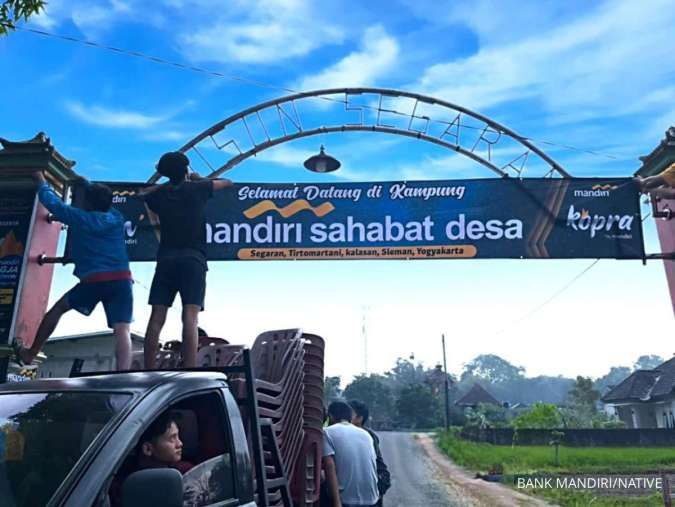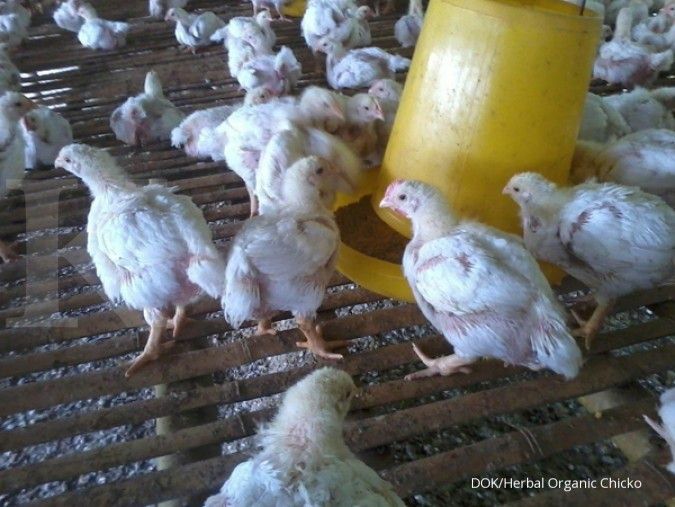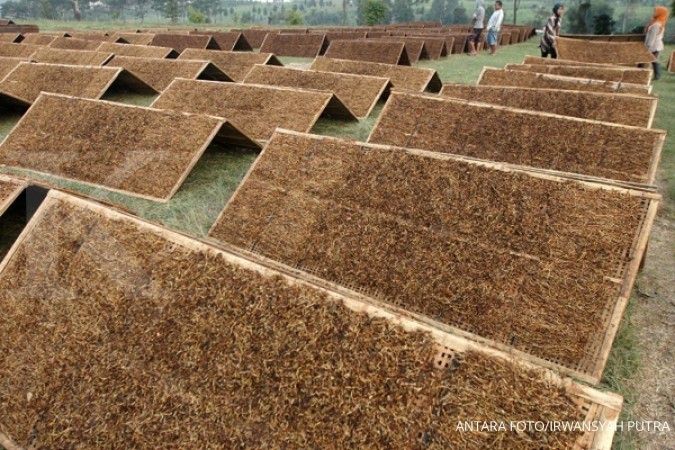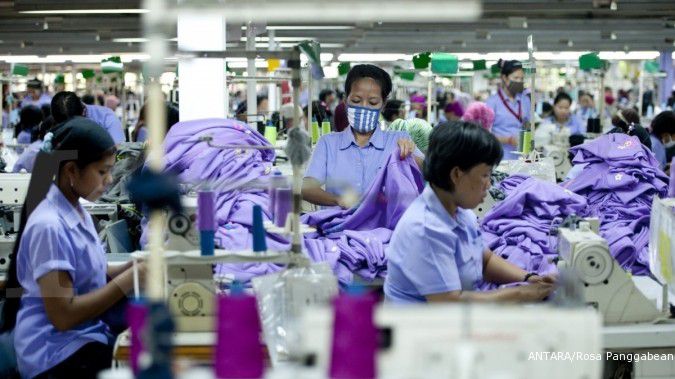JAKARTA. Indonesia may file a complaint with the World Trade Organization (WTO) over Turkey’s antidumping measures on yarn, which have affected a number of Indonesian textile firms, a trade official has said. Turkey’s trade authority last week extended higher levies on Indonesian yarn of man-made staple fibers, which are to apply for five years following a recent review. The duties, ranging from 25 cents to 40 cents for each kilogram of yarn, have affected more than 20 local firms, including major textile manufacturers PT Indorama and PT Sri Rejeki Isman (Sritex). The Trade Ministry’s trade defense director, Oke Nurwan, said Friday that a complaint might be lodged by local producers, who rejected accusations that they were exporting their products at a lower price than usual. “In addition, our export volume of the concerned product is not significant, so we’re not hurting the Turkish industry,” he said. Oke further said that he would discuss the planned challenge with a local business group. Indonesia’s shipment of that type of yarn to Turkey was valued at US$82.01 million in 2011, representing 11.7 percent of overall imports. The figure rose to $122.94 million in 2013, but its share fell to 10.2 percent. Besides Indonesia, the expanded tariffs, particularly at higher levels, are likely to impact other producers, including China and India. Instead of seeking a dispute settlement from the WTO, domestic producers could choose to propose price undertaking to the Turkish authorities. Indonesian Textile Association (API) chairman Adi Sudrajat confirmed that local business players might bring the case to the Dispute Settlement Body of the WTO, as the duties had effectively curbed their expansion into the market of more than 75 million people. “The duties have prevented us from growing our share of the Turkish market. We’ve lost our competitive edge against our rivals, such as Vietnam and Bangladesh,” he said. Ade argued that this condition could not be allowed to continue in the years to come, and that dispute settlement might be the best solution. In terms of trade defense, Turkey has been one of Indonesia’s most aggressive trading partners, applying a number of remedy measures over the past few years. The measures comprise antidumping tariffs to counter exported products that are sold at prices lower than those in their home market and safeguard duties, which are used to protect a country’s local market whenever there is an irregular surge in imports. As of April, Turkey has imposed antidumping duties on 10 Indonesian products, including polyester synthetic fiber, zippers and air conditioners, and put safeguard tariffs on matches and polyethylene terephtalate. In contrast, Indonesia’s only safeguard measure has been an import quota on Turkish wheat flour, imports of which had hurt the domestic industry. Bilateral trade between the two countries amounts to $2.48 billion in the past year, with Indonesia exporting $1.45 billion worth of goods and commodities and importing $1.03 billion. The two countries are assessing the possibility of a preferential trade agreement (PTA) to boost both-way trade by lowering tariffs on selected products. (Linda Yulisman)
RI may report Turkey to WTO on unfair levies
JAKARTA. Indonesia may file a complaint with the World Trade Organization (WTO) over Turkey’s antidumping measures on yarn, which have affected a number of Indonesian textile firms, a trade official has said. Turkey’s trade authority last week extended higher levies on Indonesian yarn of man-made staple fibers, which are to apply for five years following a recent review. The duties, ranging from 25 cents to 40 cents for each kilogram of yarn, have affected more than 20 local firms, including major textile manufacturers PT Indorama and PT Sri Rejeki Isman (Sritex). The Trade Ministry’s trade defense director, Oke Nurwan, said Friday that a complaint might be lodged by local producers, who rejected accusations that they were exporting their products at a lower price than usual. “In addition, our export volume of the concerned product is not significant, so we’re not hurting the Turkish industry,” he said. Oke further said that he would discuss the planned challenge with a local business group. Indonesia’s shipment of that type of yarn to Turkey was valued at US$82.01 million in 2011, representing 11.7 percent of overall imports. The figure rose to $122.94 million in 2013, but its share fell to 10.2 percent. Besides Indonesia, the expanded tariffs, particularly at higher levels, are likely to impact other producers, including China and India. Instead of seeking a dispute settlement from the WTO, domestic producers could choose to propose price undertaking to the Turkish authorities. Indonesian Textile Association (API) chairman Adi Sudrajat confirmed that local business players might bring the case to the Dispute Settlement Body of the WTO, as the duties had effectively curbed their expansion into the market of more than 75 million people. “The duties have prevented us from growing our share of the Turkish market. We’ve lost our competitive edge against our rivals, such as Vietnam and Bangladesh,” he said. Ade argued that this condition could not be allowed to continue in the years to come, and that dispute settlement might be the best solution. In terms of trade defense, Turkey has been one of Indonesia’s most aggressive trading partners, applying a number of remedy measures over the past few years. The measures comprise antidumping tariffs to counter exported products that are sold at prices lower than those in their home market and safeguard duties, which are used to protect a country’s local market whenever there is an irregular surge in imports. As of April, Turkey has imposed antidumping duties on 10 Indonesian products, including polyester synthetic fiber, zippers and air conditioners, and put safeguard tariffs on matches and polyethylene terephtalate. In contrast, Indonesia’s only safeguard measure has been an import quota on Turkish wheat flour, imports of which had hurt the domestic industry. Bilateral trade between the two countries amounts to $2.48 billion in the past year, with Indonesia exporting $1.45 billion worth of goods and commodities and importing $1.03 billion. The two countries are assessing the possibility of a preferential trade agreement (PTA) to boost both-way trade by lowering tariffs on selected products. (Linda Yulisman)





